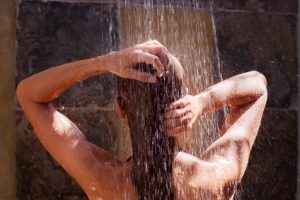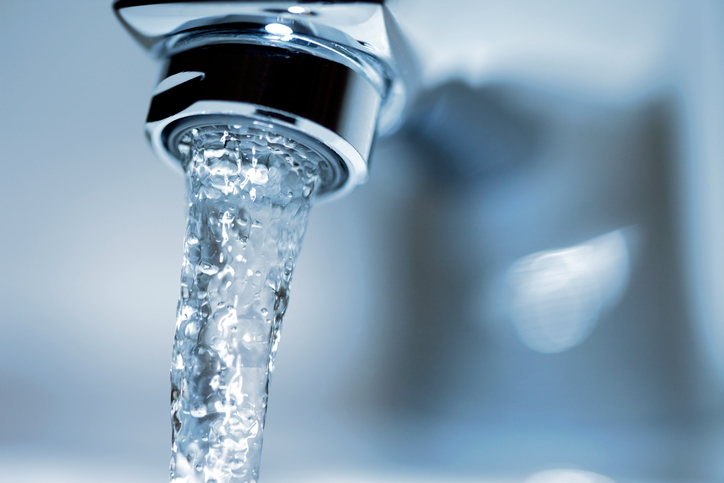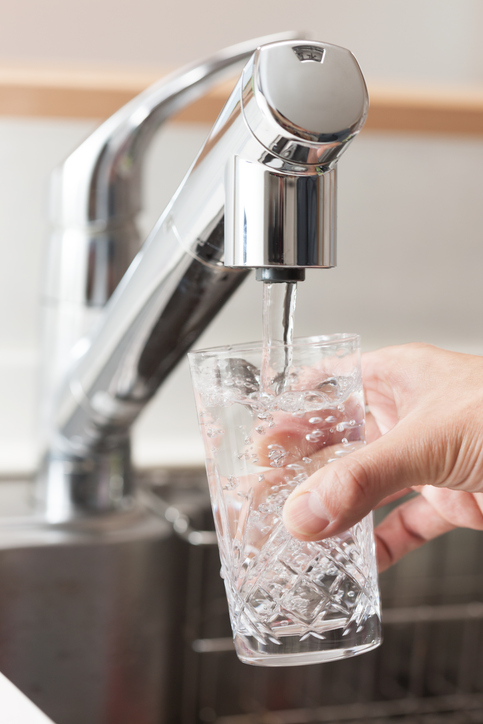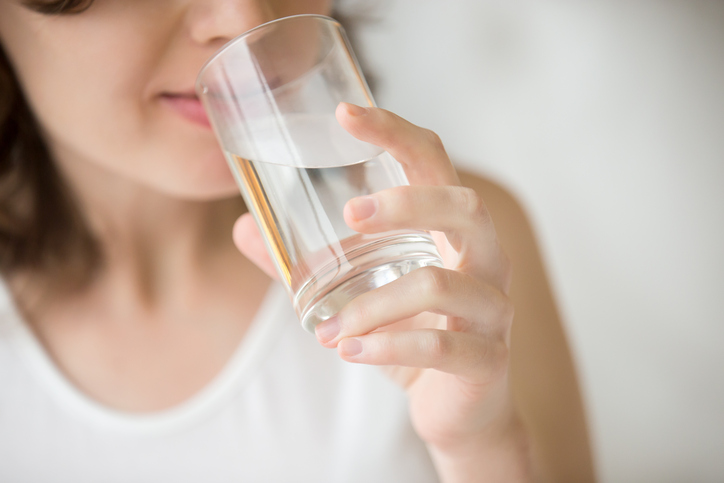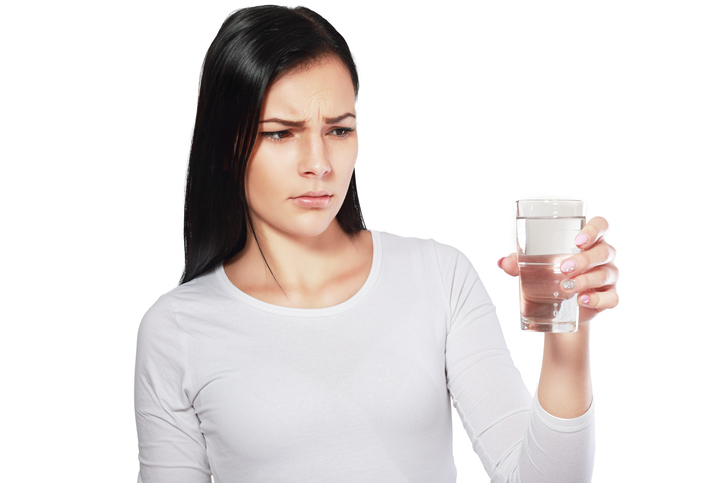Can Hard Water Damage Your Hair and Skin?
Many homes across the country have what’s considered to be hard water. Hard water contains minerals like calcium and magnesium that can cause many problems like leaving soap stains on dishes or in sinks. Although it isn’t harmful to your overall health, hard water can have a negative impact on your hair and skin.
Hard water makes it difficult to thoroughly rinse your hair, which can cause a buildup and leave residue behind. This can create a dandruff-like condition. Hard water can make your hair feel filmy and dull and also make your scalp itch and feel dry. It’s also more difficult to style your hair because your hair feels less pliable.
Washing your hair with hard water can also make it difficult to achieve the look you want and produce a dullness or straw-like look. No matter how many times you wash your hair with hard water it will produce the same results. One thing that may help is a pre-shampoo treatment, but you’d be better off solving the cause of the problem in the first place. If you dye your hair, it may wash out faster by using hard water. Hair can also become thinner and break easier.
Hard water can not only negatively impact your hair; it can also cause problems with your skin. The #1 symptom of hard water you’ll likely experience is skin dryness. Hard water makes it difficult to rinse off soap from your skin. If you have conditions like eczema or psoriasis or even sensitive skin, hard water can aggravate them even more. Hard water can even absorb natural oils and moisture from your skin.
Hard water can be easily remedied with a water softening system. Improve the look and feel of your skin and hair and get rid of those bathtubs rings and spots on dishes, silverware, and fixtures once and for all. Contact Schultz Soft Water today at 320-251-4100.

